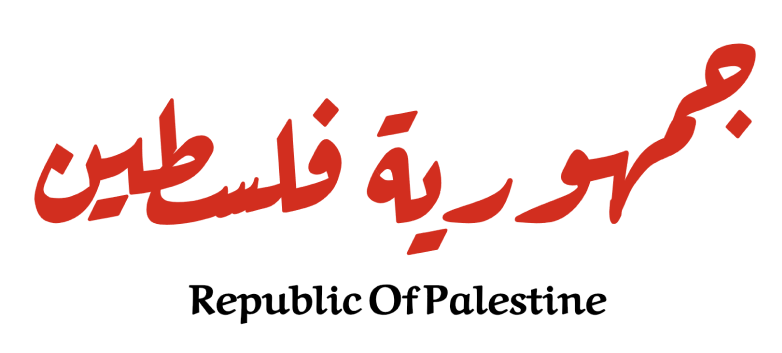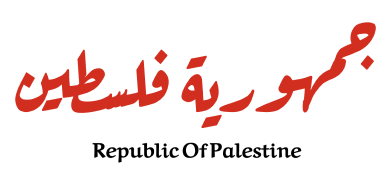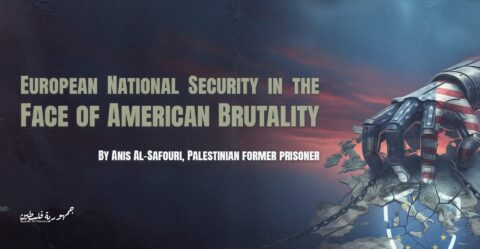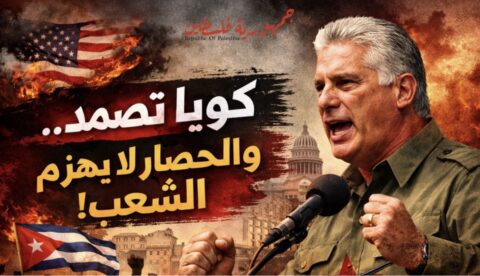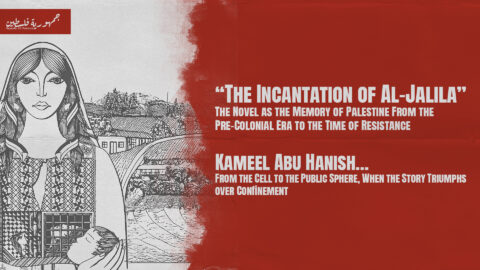For the first time, Cuba takes part in BRICS; leaders warn that United States tariffs could harm the global economy.
This article was originally published in Brasil de Fato
By: Gabriel Vera Lopes
The 17th BRICS Summit, held in Rio de Janeiro, marked a significant milestone for Cuba: for the first time, the Caribbean island participated as a partner of the bloc. This inclusion represents a meaningful opportunity amid a deep internal crisis and a renewed intensification of hostility from Washington.
During his address to the plenary session, Cuban President Miguel Díaz-Canel Bermúdez expressed gratitude for Cuba’s incorporation into the group as a partner, describing it as both a recognition and an opportunity. In his speech, he stated that BRICS represents “a hope that multilateralism can be saved from chaos,” referring to what he sees as a troubling erosion of the multilateral system driven by major global powers.
“Today, BRICS is synonymous with hope: hope that multilateralism can be rescued from the chaos and dysfunction into which the arrogance of a few has plunged the UN—a body created 80 years ago to ensure that war would no longer be considered a means of resolving conflicts,” he said. In this context, he emphasized the urgent need for reform of the United Nations system, a demand long voiced by the Global South.
In a critical tone, Díaz-Canel pointed to the role of the United States in the current international order, denouncing that, “without hiding its ambitious and spurious geostrategic interests,” Washington has withdrawn from various multilateral forums while promoting supremacist ideas and carrying out large-scale, violent, and racist deportations of migrants.
A New Stage of Global Coordination
The Cuban president also condemned the recent U.S. attack on Iran, accusing Washington of acting with “absolute disregard” for the principles of international law and the United Nations Charter—abusing its military, economic, and financial power, “while lacking any moral authority.”
One of the most striking moments of his speech was his firm condemnation of the genocide of the Palestinian people. Cuba, historically supportive of this cause, hosts Palestinian youth each year—whether from the occupied territories or refugee camps—to pursue studies on the island. Since the beginning of the genocide in Gaza, Díaz-Canel has actively participated in demonstrations in solidarity with Palestine.
“We reiterate our strongest condemnation of the ongoing genocide against the Palestinian people, perpetrated also by Israel with the continuing political, military, and financial support of the United States,” he declared. He further argued that resolving the Israeli-Palestinian conflict is essential for achieving peace in the Middle East.
On the economic front, he called for a profound reform of the international financial system, which he described as “opaque and undemocratic, designed to perpetuate the exclusion and exploitation of nations in the Global South.”
He denounced how U.S. sanctions prevent Cuba from operating within the international banking system or accessing credit from multilateral financial institutions due to threats of sanctions against those conducting transactions with the island. Along these lines, he called for fairer global governance of emerging technologies such as artificial intelligence—one that ensures equitable access to their benefits.
Díaz-Canel described the prolonged economic blockade imposed by the United States as “an act of offensively extraterritorial aggression” and warned of a new package of unilateral coercive measures aimed at economically suffocating Cuba. “All in the name of so-called democracy,” he remarked with irony.
Beyond denunciations, he proposed building an alternative vision based on respect, dialogue, and cooperation: “Humanity does not need blockades, false supremacisms, or ambitions of domination. What it urgently needs is more dialogue, cooperation, and integration.”
He concluded by reaffirming Cuba’s commitment to BRICS: “We are honored to join with the noble aspiration of contributing and learning.”
Global South Diplomacy and Solidarity Networks
During his stay in Brazil, Miguel Díaz-Canel held bilateral meetings with key leaders of the Global South, including Indian Prime Minister Narendra Modi and Vietnamese Prime Minister Pham Minh Chinh, as well as former Brazilian President Dilma Rousseff, now president of the BRICS Development Bank.
Alongside his official agenda, Díaz-Canel maintained an active diplomatic and social presence in Rio de Janeiro. In an emotional gathering with around 300 activists, intellectuals, artists, and members of the Landless Workers’ Movement (MST), he shared details about Cuba’s critical economic situation and denounced the devastating impact of the U.S. blockade.
“In front of dozens of longtime friends and young people—committed militants of solidarity in Brazil—we explained the difficult situation Cuba faces today due to the effects of the genocidal blockade. We thanked them for their unconditional support, which is also part of our creative resistance,” Díaz-Canel posted on social media.
One of the most notable moments was his meeting with João Pedro Stedile, a leader of the MST. Images of the encounter were shared by the organization itself, which reaffirmed:
“Cuba has always been a fundamental partner in building the popular project in which the MST believes: a world with more justice, solidarity, and dignity.”
